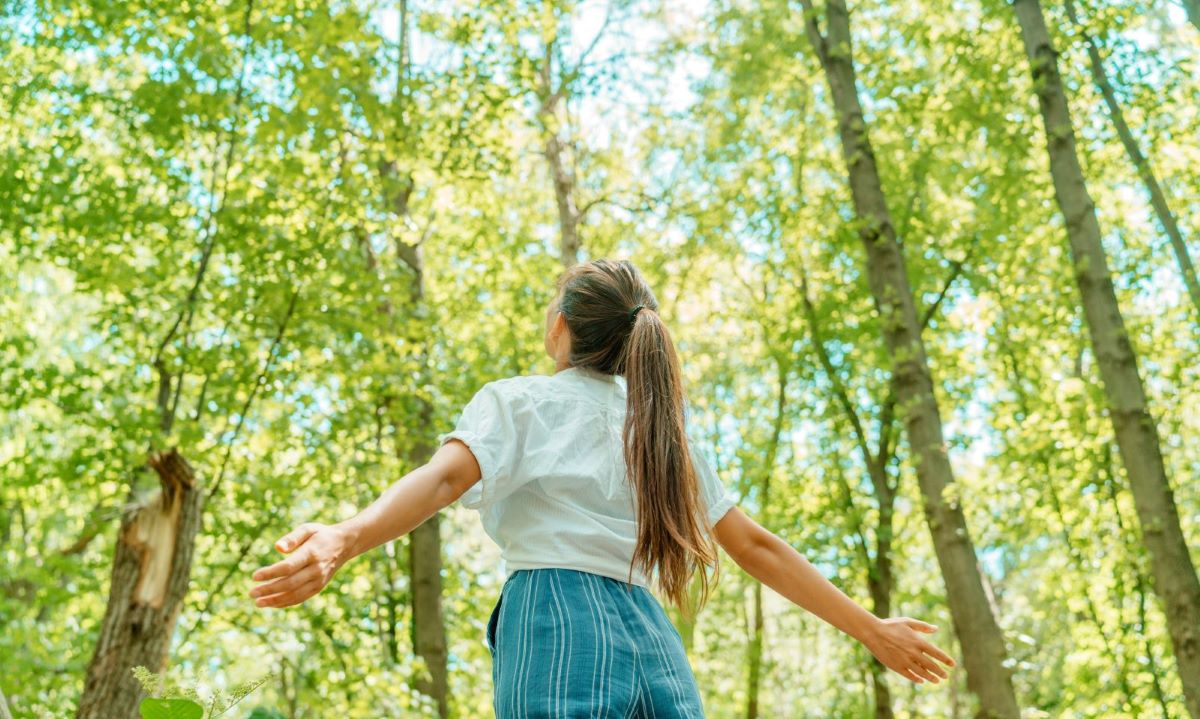Have you ever wondered what it would be like to disconnect from the modern world? Living off the grid sounded like a dream to me, so I decided to give it a try. Curious about how it went?
1. Solar Power Setup

Installing solar panels was the first step. It was a big investment but provided a reliable energy source.
2. Water Collection System

Setting up a rainwater collection system was essential. It ensured we had a sustainable water supply.
3. Growing Our Own Food

We started a vegetable garden to grow our own food. It was challenging but incredibly rewarding to eat what we had grown.
4. Composting

We implemented a composting system for waste management. It helped reduce waste and provided nutrients for our garden.
5. Off-Grid Cooking

We learned to cook using a solar oven and camp stove. It was an adjustment but made us appreciate our meals more.
6. Limited Technology

Reducing our reliance on technology was tough. We used minimal devices and spent more time outdoors and with each other.
7. Alternative Heating

We installed a wood-burning stove for heating. It kept us warm and added a cozy atmosphere to our home.
8. Sustainable Building Materials

We used sustainable materials for home repairs and improvements. It was a more eco-friendly way to maintain our property.
9. Learning New Skills

Living off the grid required learning new skills like carpentry and plumbing. It was empowering to become more self-sufficient.
10. Animal Care

We decided to keep chickens for fresh eggs. They became a fun and productive addition to our off-grid life.
11. Managing Waste

We focused on reducing waste and recycling as much as possible. It made us more conscious of our consumption habits.
12. Preserving Food

Canning and preserving food became necessary. It ensured we had enough to eat during less productive seasons.
13. Minimalism

Living off the grid encouraged a minimalist lifestyle. We focused on essentials and eliminated unnecessary clutter.
14. Building Community

Connecting with other off-grid families was vital. Sharing knowledge and resources helped us thrive.
15. Off-Grid Entertainment

We found new ways to entertain ourselves without screens. Board games, reading, and outdoor activities became our go-tos.
16. Health Benefits

Living off the grid improved our physical health. We spent more time outdoors and ate healthier, home-grown food.
17. Financial Savings

Although the initial setup was costly, living off the grid saved us money in the long run. We had lower utility bills and fewer expenses.
18. Environmental Impact

Our lifestyle change reduced our environmental footprint. It felt good to live more sustainably and responsibly.
19. Personal Growth

The experience fostered personal growth and resilience. It taught us to appreciate the simple things and rely on our abilities.
Ready to Disconnect?

Living off the grid can be a rewarding challenge that brings you closer to nature and yourself. Are you ready to take the leap and try it out?
The post Living Off the Grid: My Experience Trying to Disconnect first appeared on Mama Say What?!
Featured Image Credit: Shutterstock / Maridav .
For transparency, this content was partly developed with AI assistance and carefully curated by an experienced editor to be informative and ensure accuracy.





